When Fife-raised author and film director Grant McPhee thinks back to being in first year at Bell Baxter High School in Cupar during the late 1980s, the now 46-year-old music lover remembers being intrigued by the sight of a former pupil who had ‘Fife Punks’ tattooed on his forehead.
At a time when Grant’s impression of punk music extended little beyond the Sex Pistols and the London Kings Road scene of the previous decade, the sight of a “token punk” in small town Scotland seemed, to him at least, “totally bizarre”.
Imagine his amazement then when, almost 30 years later, while researching a documentary about Scotland’s late 1970s/early ‘80s Scottish indie scene, he discovered strong Fife connections to the post-punk world.
He learned about the Leslie roots of post-punk band Thursdays that had their record released by Edinburgh-based indie label Fast Product on the same 12” as Joy Division.
He was also amazed to learn more about the Fife links with Rotherham-born guitarist Jo Callis, who left Dunfermline band The Rezillos, played with Boots for Dancing then joined The Human League when they were signed to Fast – co-writing their legendary Christmas number one, Don’t You Want Me.
Big Gold Dream
Grant, who grew up in the North East Fife village of Freuchie, originally studied software engineering at Napier University in Edinburgh.
He went on to work as a freelance cameraman on projects including World War Z, Game of Thrones and Outlander.
Big Gold Dream, released in 2015, was a film he directed covering Scotland’s late 1970s/early ‘80s Scottish indie scene including indie labels Fast Product and Postcard Records.
It was the unofficial prequel to Grant’s feature film Teenage Superstars, about Glasgow’s 1980s and ‘90s independent music scene, which premiered in 2018 at Dundee’s DCA.
With so much material left over from the making of Big Gold Dream, however, Grant and his collaborators Douglas Macintyre and Neil Cooper, decided to put the untold stories of an all too brief period in music folklore into book form – deciding that an overall history was the best way to present it.
With an introduction by Fife born and raised author Ian Rankin, Hungry Beat – an oral history of Scotland’s post-punk scene – has just been published by White Rabbit.
“When we were researching Big Gold Dream and interviewing people, it was about this record label, Fast Product, which was pretty much the record label that started off cool indie labels,” says father of one Grant, who now lives in Haddington.
“They didn’t just have bands from Scotland but they had Joy Division and The Human League.
“As we spoke to more and more people, it became apparent there was a real strong Fife connection.
“Michael Barclay the guitarist from the band Thursdays, from Leslie, had hung around the Fast Product flat in Edinburgh and he would be there when they received the demo tapes from The Human League.
“They eventually put out a joint 12 inch single with Joy Division which are now regarded as one of the best post-punk bands of all time. That was before Joy Division signed for Factory Records.
“Jo Callis, who co-wrote Don’t You Want Me with The Human League: His dad was in the RAF and he grew up in Leuchars.
“When the original Human League who were signed to Fast split up, one part of them formed Heaven 17 and the other part of them carried on with only the singer.
“So the manager Bob Last needed someone who could write hits. He brought in Jo Callis who was hugely responsible for the Dare album being a multi-million seller.
“When I discovered these Fife links, it blew my mind. It totally changed my impression of seeing this guy with Fife Punks written on his forehead 30 years earlier.
“It just seemed that there was such a cool interesting thing going on in Fife – especially round about Leslie and Glenrothes.”
Origins of the Thursdays
Today, Kinglassie and Leslie-raised Edinburgh Art College graduate Michael Barclay, 63, laughs that his days playing with the Thursdays and Boots for Dancing were a “very obscure period of history”.
However, the retired head of art and design at Madras College in St Andrews and Braeview Academy in Dundee also looks back on those days as the “best of times”.
Describing life in Glenrothes as “quite lively” as a teenager in the 1970s, the former Glenwood and Glenrothes High School pupil got piano lessons as a youngster and could read music.
As a 13 year-old, him and his pals listened to the likes of David Bowie, Roxy Music and glam rock before getting into Lou Reed.
When he left school in 1977 and went to college in Edinburgh, however, it was the arrival of punk and seeing bands live like The Clash, the Jam and the Buzzcocks at Clouds in Tollcross that inspired him and his friends to create their own sound.
After a year in Edinburgh and deciding he wanted to go to art college, he came back to Fife for a year where he coincidentally ended up working beside future Rebus author Ian Rankin at a local chicken hatchery.
Michael laughs that Ian, then an English literature student, claims the Thursdays asked him to be the singer of their band – something that Michael doesn’t remember!
Hooking up with other “interesting characters” including the late Paul Reekie, Michael said the driving force was a desire to “do something different”.
Describing their material as “very experimental, crude and naïve”, they did a cover version of (Sittin’ on) the Dock of the Bay.
It was then they caught the attention of Bob Last who’d already started up Fast Product and was managing The Human League and the Rezillos.
“We set up a wee gig in Glenrothes – we hired a community hall – and he came to see us,” says Michael, now of Dundee.
“We put on a gig in March 1979 – well into the post punk scene.
“A crowd came across from Edinburgh. We got a phone call a few days later saying we’d like you to record (Sittin’ on) the Dock of the Bay. That ended up on the 12 inch LP with Joy Divison.
“We were a negligible wee add on to that and Joy Division of course became huge afterwards.
“But it gave the project a wee bit of credibility for us to have been associated with Joy Division and being on that wee album with them.”
Michael explained how they supported The Fall, amongst others, and played a few gigs around Glasgow and Edinburgh.
But the Thursdays then just “drifted apart” and got involved in other musical things.
“Paul Reekie was an interesting guy – he wrote poetry and became pretty much Irvine Welsh’s side kick,” recalls Michael.
“By that time I was playing for another band – Boots are Dancing – with Jo Callis.
“They were quite an interesting wee group of people who knew what they were doing.
“Then there was people like me who were pretty clueless but could hold a few chord shapes – and had the right attitude!
“It was an absolutely fantastic time with some unbelievably creative, nice people – it was like finding your wee tribe!”
‘First Fife invasion’
Someone else on the Fife/Edinburgh post-punk scene was Dundee-born music journalist Innes Reekie, now 62, who went to school in Glenrothes and co-produced Big Gold Dream.
The son of a keen amateur photographer and art teacher at Viewforth Academy, Innes moved to Edinburgh and shared digs with Michael Barclay in 1977.
After studying English literature at Edinburgh University, he got into music journalism through photography.
He remembers being inspired by bands like The Associates and The Flowers that played Glenrothes Apollo.
However, he thinks the likes of fellow Fifers Paul Reekie, Michael Barclay and himself were “very lucky”, that they got to grips with the cultural influences gripping Edinburgh when they did.
The pool of post-punk creative talent coming into Edinburgh from Fife at the time has been described as the “first Fife invasion”, and Innes was at the heart of the social scene.
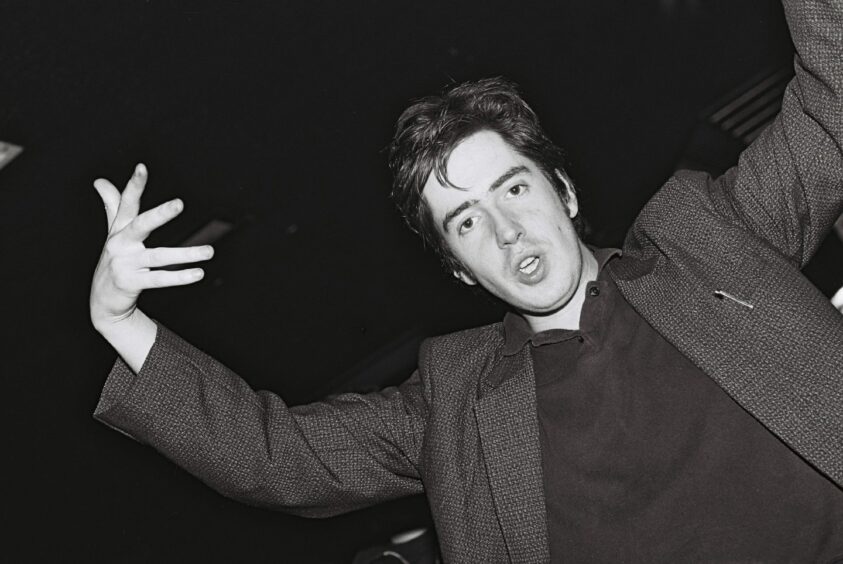
“I think we’d just go to the record shops and hang out there,” he says.
“We’d see the same people in the record shop in Cockburn Street and see the same people in the queues waiting to get into Clouds at West Tollcross to see the Clash or Generation X.
“It was a given you’d end up speaking to these people, and as soon as that happened you’d develop a small group of people who were all highly creative in one way or the other.
“I don’t think I’d found my way at all at that point.
“I’d been on stage three times and was an absolutely disgrace. I tried guitar, tried bass – but I just didn’t have rhythm or the competence.
“So photography and journalism was my way of being creative.”
Where to get the book
*Hungry Beat by Douglas Macintyre, Grant McPhee and Neil Cooper is out now, £20, published by White Rabbit.
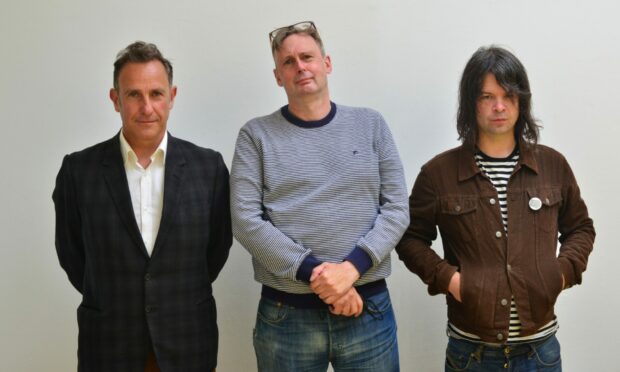
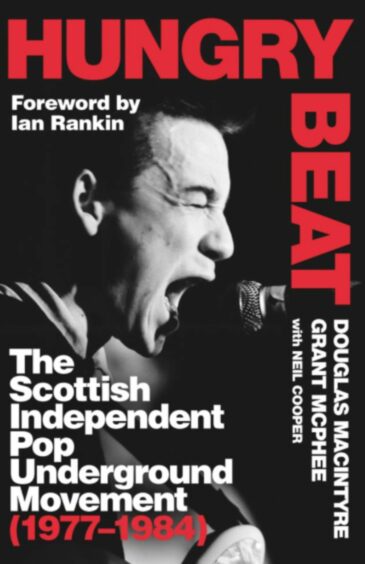
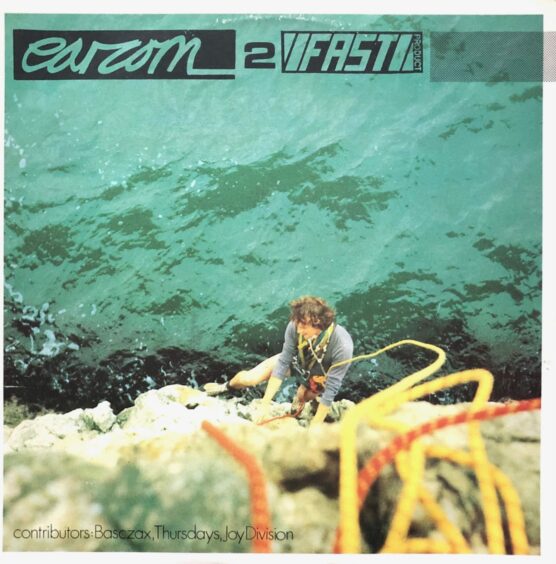
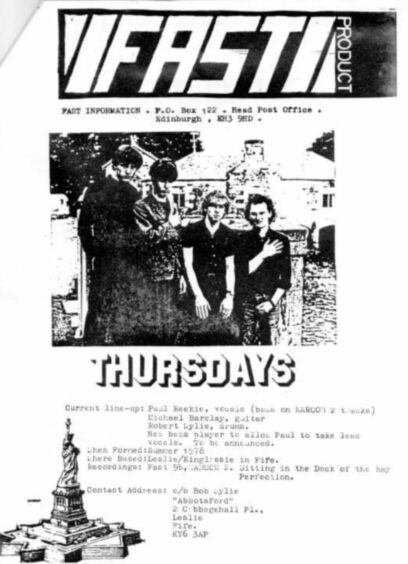
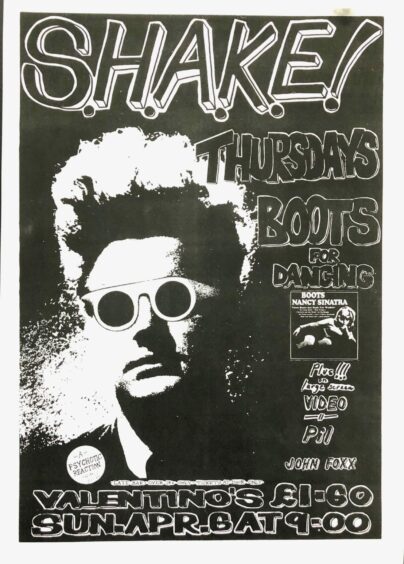
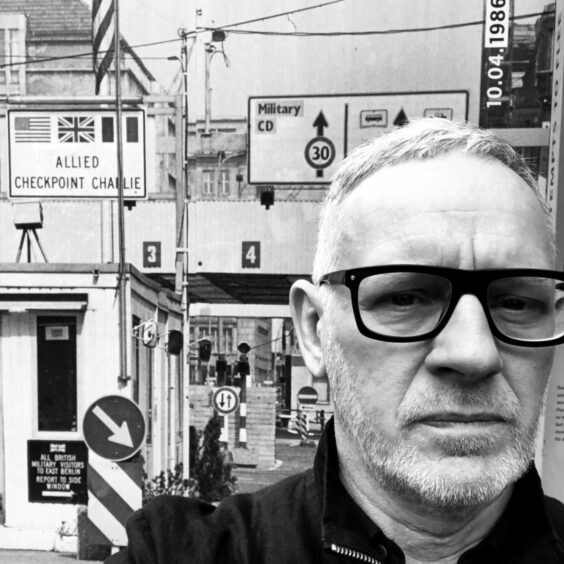
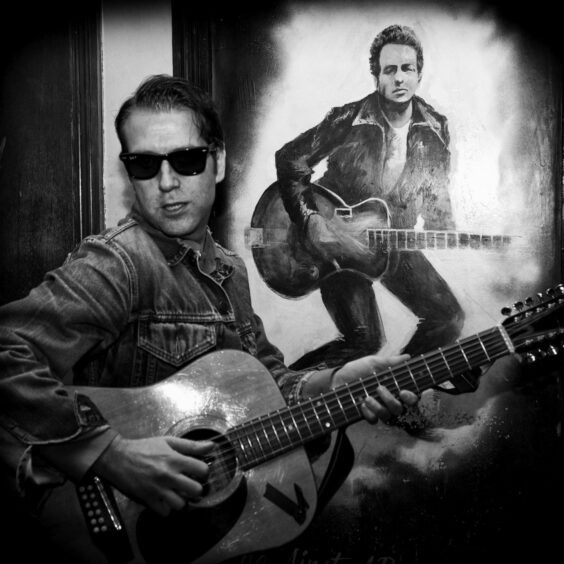


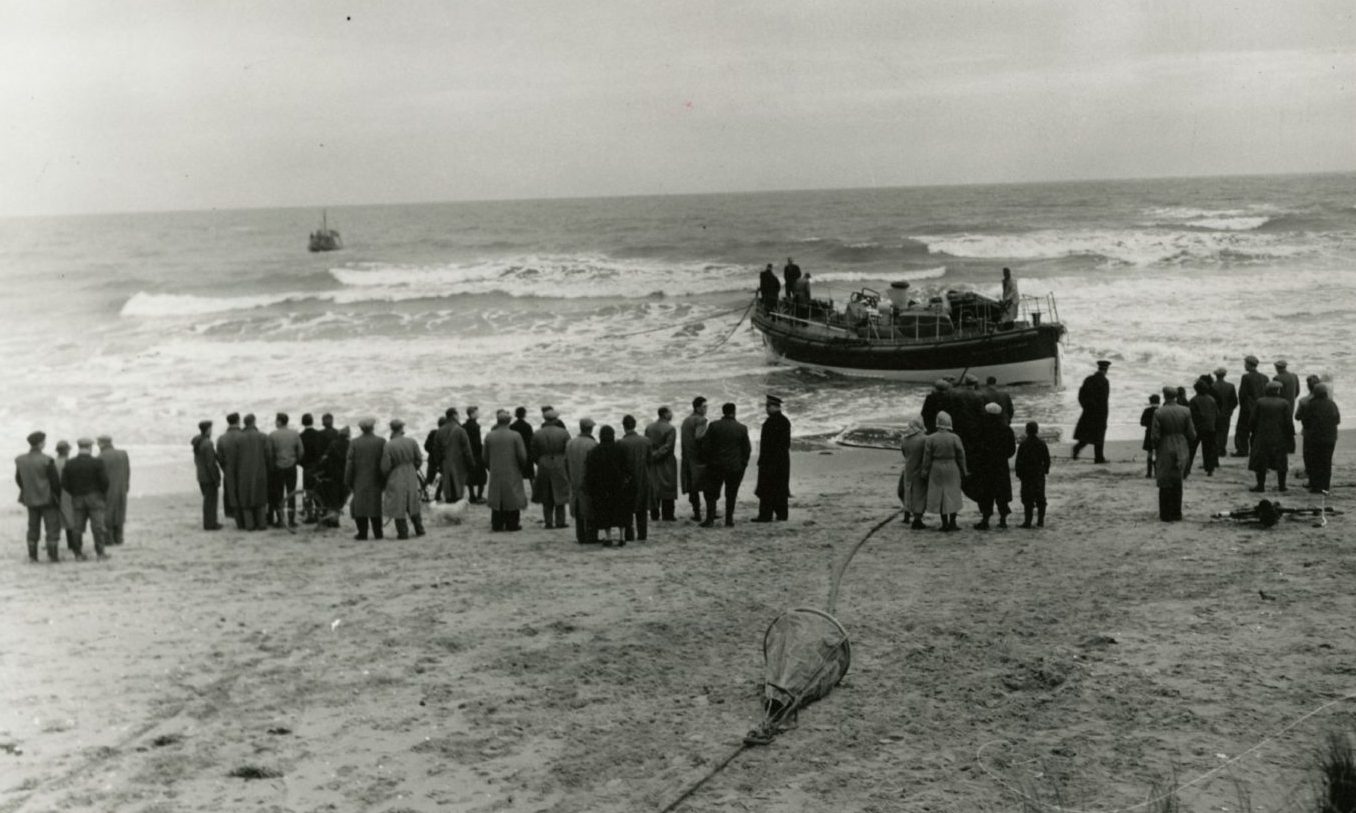
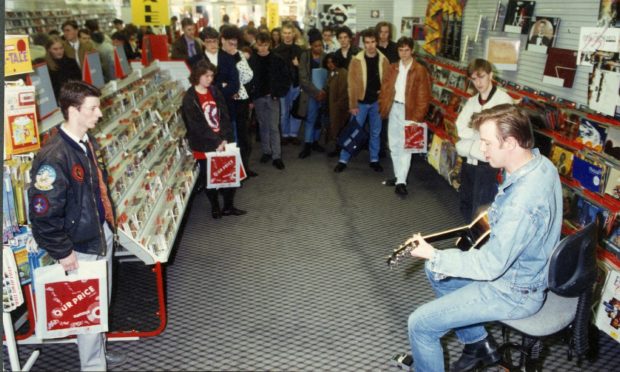
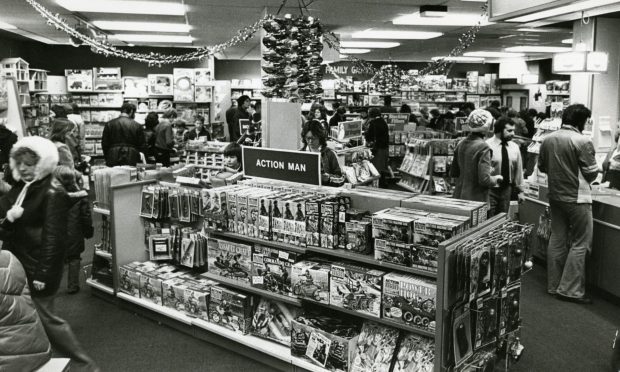
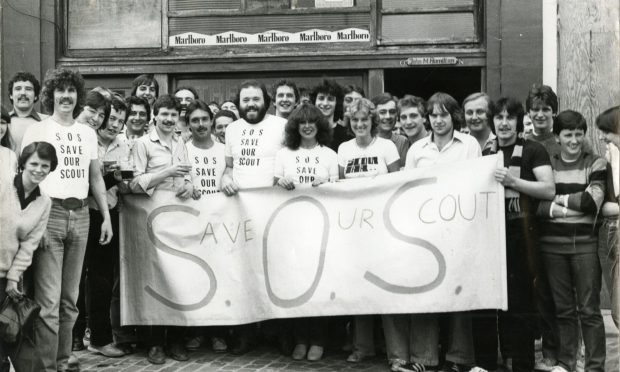
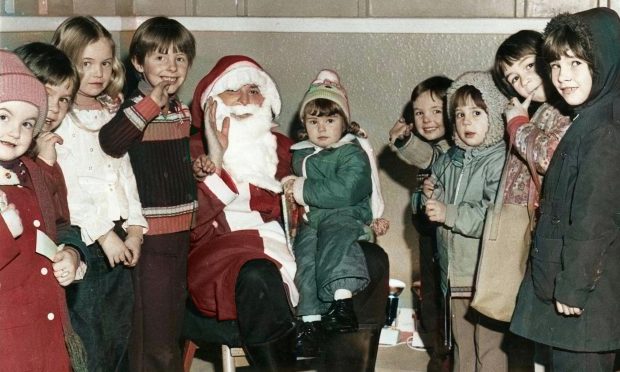
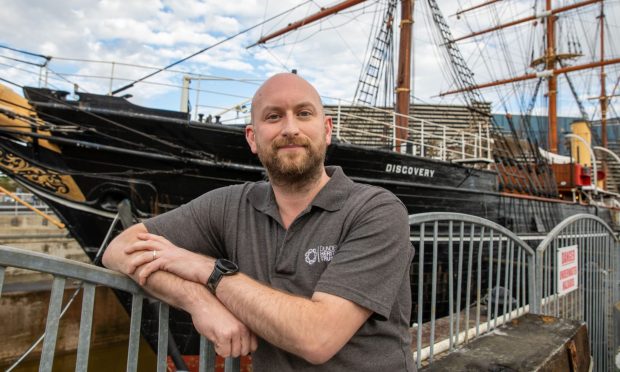
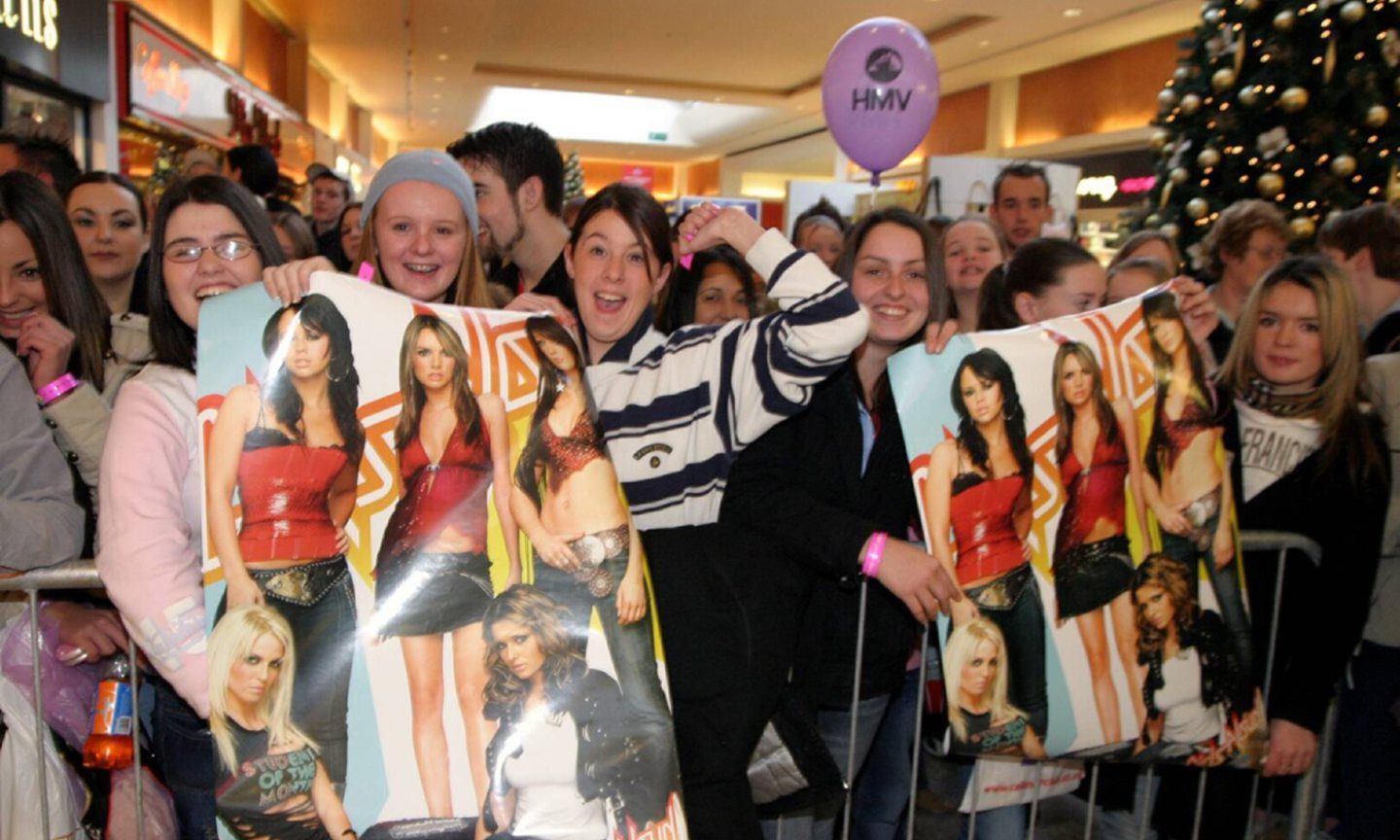
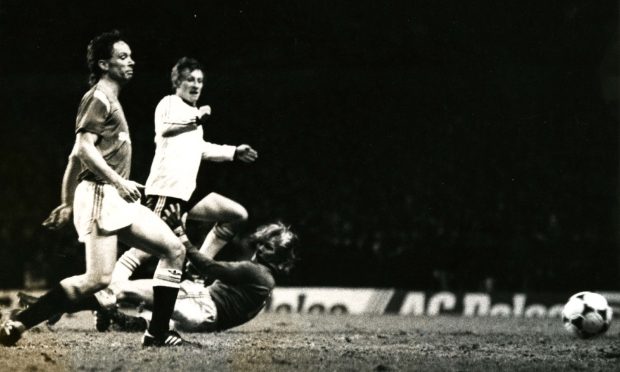
Conversation